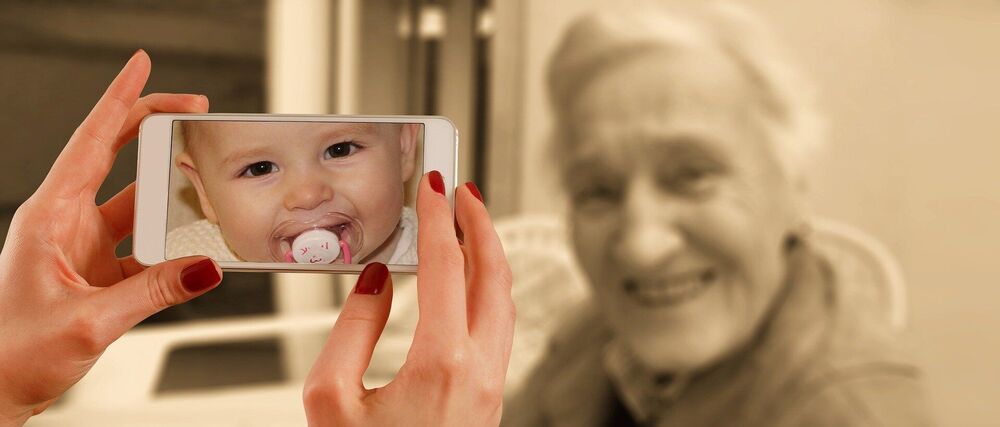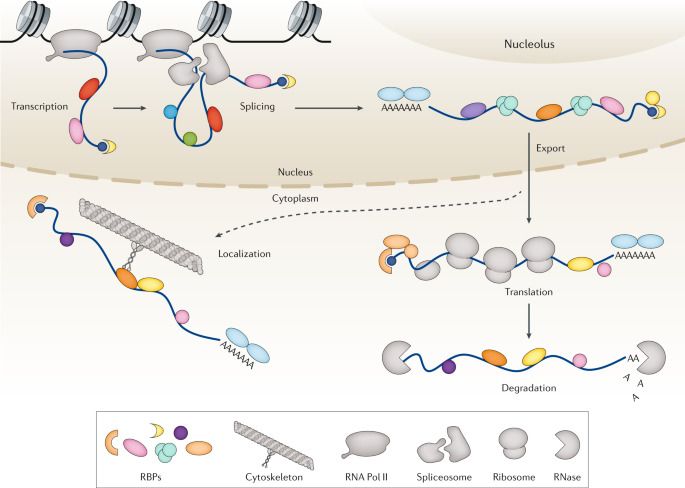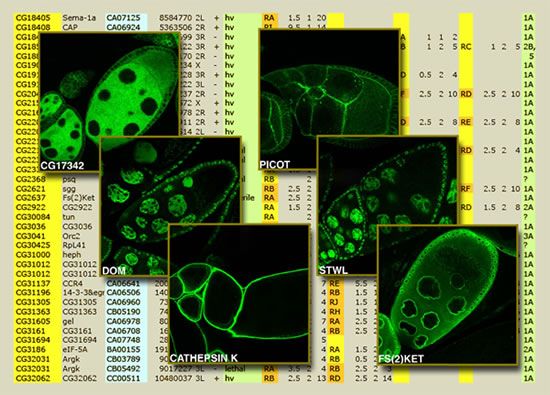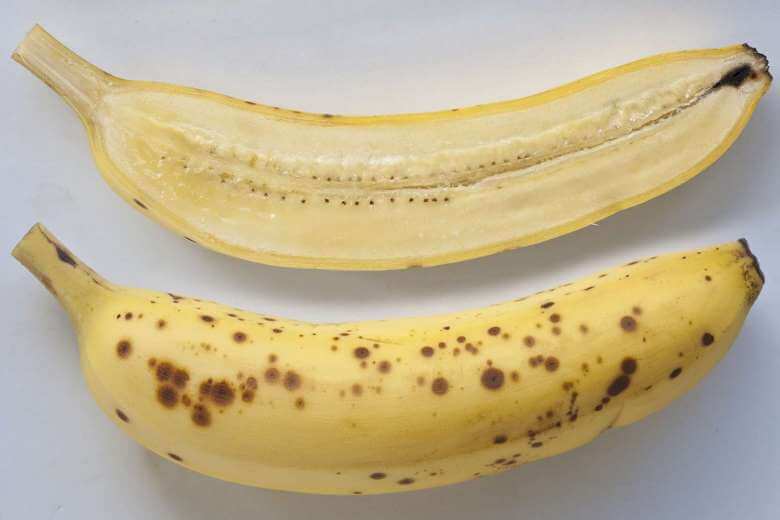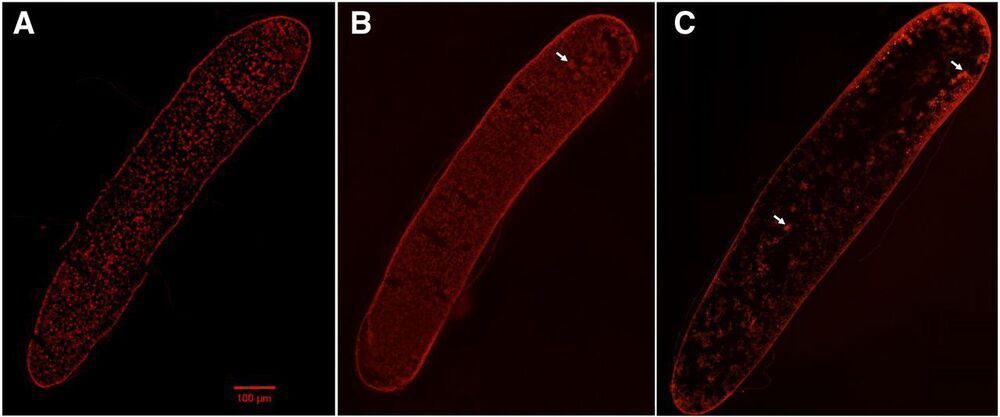Original Video ► https://www.youtube.com/watch?v=W_23474cHLg&ab_channel=RT
This channel will never be monetized.
Paypal ► https://goo.gl/ciSpg1
They say age breeds wisdom. But can we grow personally and mature, while staying young and healthy? Can ageing be cured just like any other disease? We asked David Sinclair, professor of genetics at Harvard Medical School.
David Andrew Sinclair is an Australian biologist and Professor of Genetics best known for his research on the biology of lifespan extension and driving research towards treating diseases of aging.
Sinclair is Co-Director of the Paul F. Glenn Laboratories for the Biological Mechanisms of Aging at Harvard Medical School. Sinclair obtained a Bachelors of Science (Honours Class I) at the University of New South Wales, Sydney, and received the Australian Commonwealth Prize. In 1995, he received a Ph.D. in Molecular Genetics then worked as a postdoctoral researcher at the Massachusetts Institute of Technology with Leonard Guarente. Since 1999 he has been a tenured professor in the Genetics Department of Harvard Medical School.
Sinclair has received over 25 awards including The Australian Commonwealth Prize, A Helen Hay Whitney Fellowship, the Nathan Shock Award, a Leukemia and Lymphoma Fellow, a MERIT Awards from the National Institutes of Health, the Merck Prize, the Arminese Fellowship, the Genzyme Outstanding Achievement in Biomedical Science Award, an Ellison Medical Senior Fellow, the Bio-Innovator award, the Bright Sparks Award for Top Scientists under 40, The Denham Harman Award in Biogerontology, a medal from the Australian Society for Medical Research, and a TIME 100 honoree, TIME magazine’s list of the 100 “most influential people in the world” (2014).
